
More cards left to play in Libya dispute?

Libya could see the lifting of visa restrictions as a sign of Swiss weakness while opinions in Switzerland are split over what moves remain up Bern’s sleeve.
Commentators and opinion makers on Thursday bemoaned Switzerland’s decision to tear up a blacklist barring top Libyans from entering most of Europe, but for one former diplomat “the last card is never the last card.”
“As long as you don’t know the details of the negotiations you can’t say that [Switzerland has no other options],” former consul general to New York Raymond Loretan told swissinfo.ch.
One thing is clear: After weeks of unconsolidated support, the European Union now stands firmly behind the Swiss after Foreign Minister Micheline Calmy-Rey said on Wednesday the country was ready to allow more than 100 blacklisted Libyans – including the family of leader Moammar Gaddafi – back into Europe’s 25-nation single-border area, the Schengen Zone.
In retaliation, Libya had banned Schengen members from entering the North African nation. EU authorities hope the Swiss gesture will prompt the Libyans to reciprocate and allow Schengen members back into Libya.
Matter of principles
Former Swiss ambassador to Britain and France, François Nordmann, told swissinfo.ch that using Schengen visas to pressure Tripoli gave Switzerland a whole new hand to play in the dispute.
“We knew the Schengen visa ban couldn’t last forever but it succeeded in changing the game,” he said. “The EU can’t just walk away now because they recognise it is a matter of principles.”
That means that if Libya does allow Schengen citizens back in – which should include the Swiss – the EU is not likely to drop its fight to have Swiss national Max Göldi released from a Tripoli jail.
Göldi, a manager with engineering firm ABB’s Libya branch, is currently serving a four-month sentence for immigration violations. He was first detained in 2008 which most believe was in response to the brief 2008 arrest of Gaddafi’s son, Hannibal, in Geneva. The Libyans deny the connection. Another Swiss arrested at the same time on similar charges was released.
“The EU has a lot of clout and can represent Swiss interests,” Nordmann said. “It’s obvious to me there has to be some give and take.”
Game of chicken
That type of logical thinking is what got Switzerland into trouble in the first place, argues René Schwok, a political scientist at Geneva University and author of the book, “Switzerland – European Union: An impossible membership?”
He says using Schengen visas as a political tool backfired, leaving the Swiss “worse than back at square one”.
“Switzerland entered a game of chicken with the Libyans but the Swiss were already the chickens,” he told swissinfo.ch. “They don’t have the capacity to play this kind of game. Stronger states with stronger leadership can, but this is not the Swiss tradition.”
He says Switzerland could probably get Göldi back by paying the Libyans off. That would never happen directly, he said, but by giving something Libya wants to a third state that could pass the favour along.
“Swiss and Europeans in general have difficulties understanding there’s a wild world out there,” Schwok said. “It’s been a real baptism by fire to be confronted with a real dictator, a real crazy man who has totally different cultural references.
“Lifting the visa restrictions will be interpreted by Libya as a major concession and more proof of weakness.”
Reagan versus France
Schwok said past conflicts between Libya and other countries have led him to believe that only two tactics seem to work against mercurial dictators.
“The main pattern is the [Ronald] Reagan pattern, to show the Libyans you are stronger than they are. The other is the French pattern, to make bargains, welcome Gaddafi, let him install his tent.”
Loretan, who now runs a firm that helps governments craft communication policies in times of crisis, argues that neither of those approaches would work in this case now. He says diplomacy is still the best course of action.
“In this case we saw that the US, which is powerful, didn’t achieve any results. On the contrary they had to apologise,” he said, referring to comments made by State Department spokesman P.J. Crowley that belittled Gaddafi after his call for an economic war against Switzerland.
“And paying: I don’t think they need any money.”
Tim Neville, swissinfo.ch
July 15, 2008: Hannibal Gaddafi and his wife are arrested in Geneva and charged with abusing their staff. They are released on bail and leave Switzerland. The servants are later compensated and charges withdrawn.
July 19: Swiss nationals Max Göldi and Rachid Hamdani are arrested in Tripoli. In the following days, Swiss businesses are forced to shut and the number of flights to Tripoli is cut.
August 20, 2009: The Swiss president apologises in Tripoli for the arrest.
September: Göldi and Hamdani cannot leave the country despite a promise they would be freed by September 1.They disappear after undergoing a medical check-up in Tripoli. They are returned to embassy on November 9.
November: Swiss cabinet says it will pursue visa restrictions for Libyans.
December 1: Göldi and Hamdani sentenced to 16 months in prison and fined. In January 2010 this is cut to 4 months for Göldi, and Hamdani found not guilty.
January – February 2010: Hamdani cleared of second charge of conducting business illegally. Göldi given modest fine.
February 14: A Libyan newspaper reports Switzerland has drawn up a blacklist of 188 top Libyans.
February 15: Libya stops issuing visas to citizens of nations in the Schengen zone.
February 17-18: Swiss, Libyan, Italian, Spanish and Maltese foreign ministers try to hammer out a solution.
February 22: Göldi hands himself over to Libyan authorities to start four month prison term. Hamdani obtains an exit visa and leaves for Tunisia. He arrives in Switzerland on February 23.

In compliance with the JTI standards
More: SWI swissinfo.ch certified by the Journalism Trust Initiative
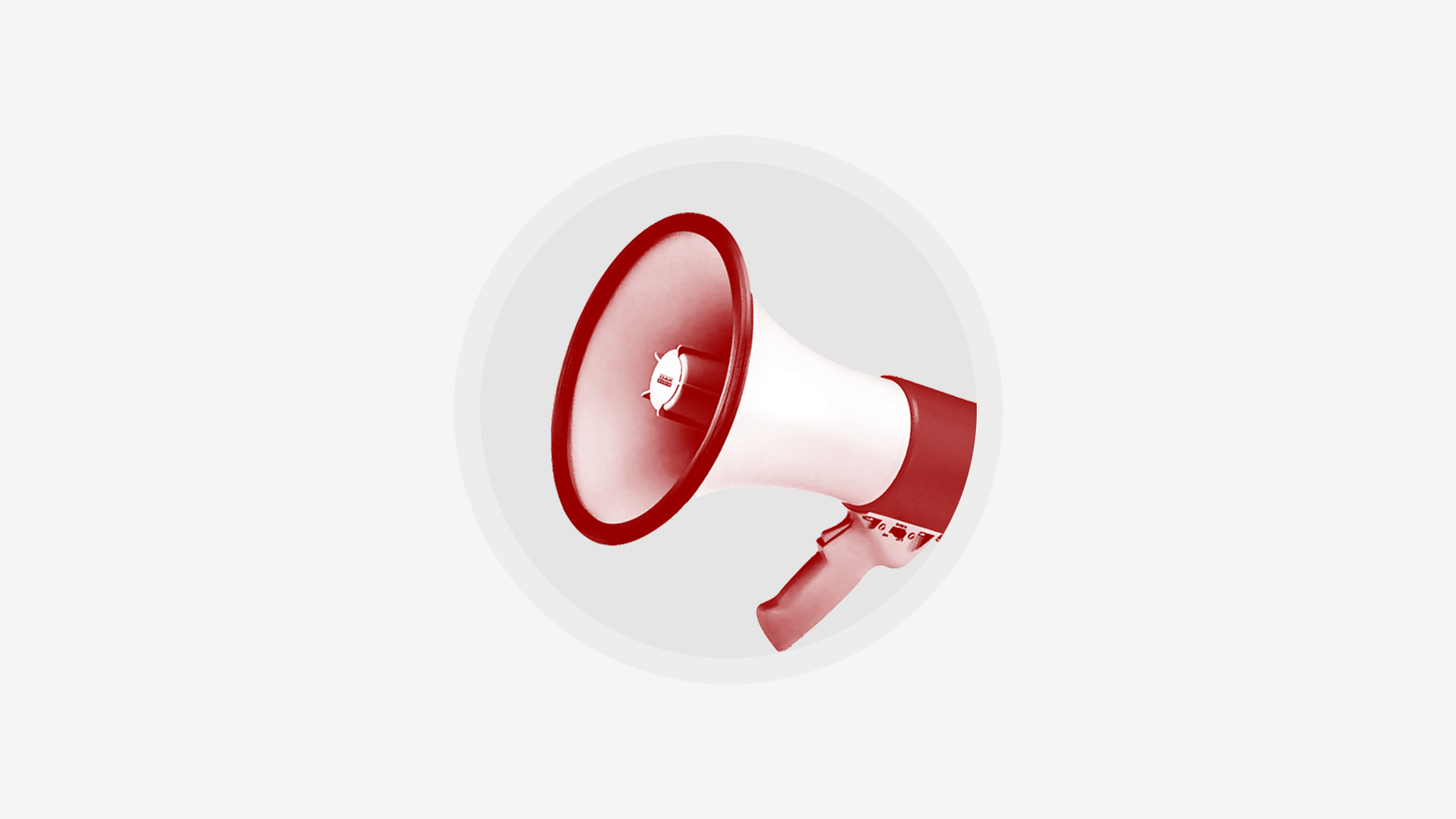

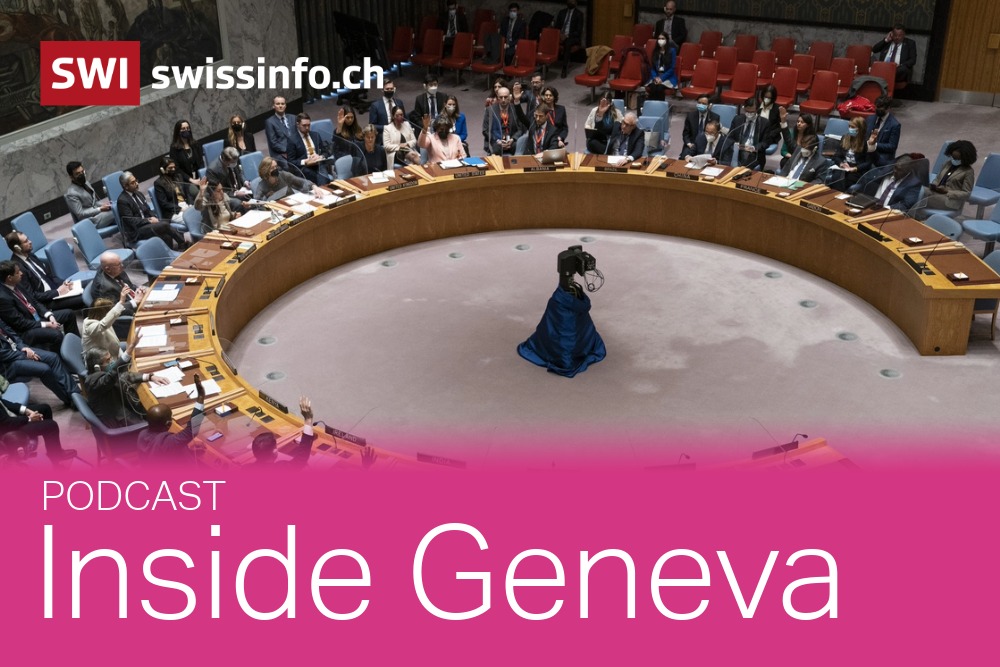









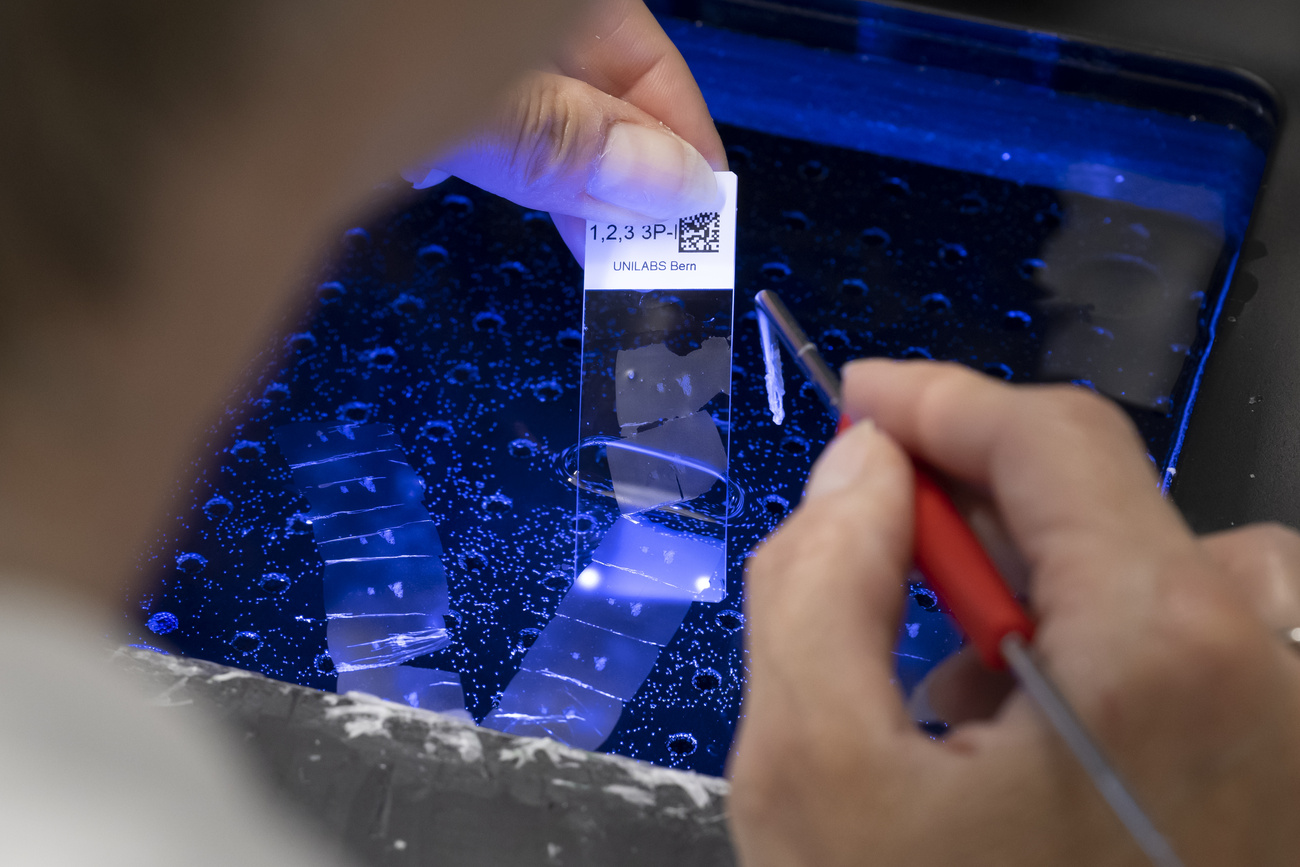





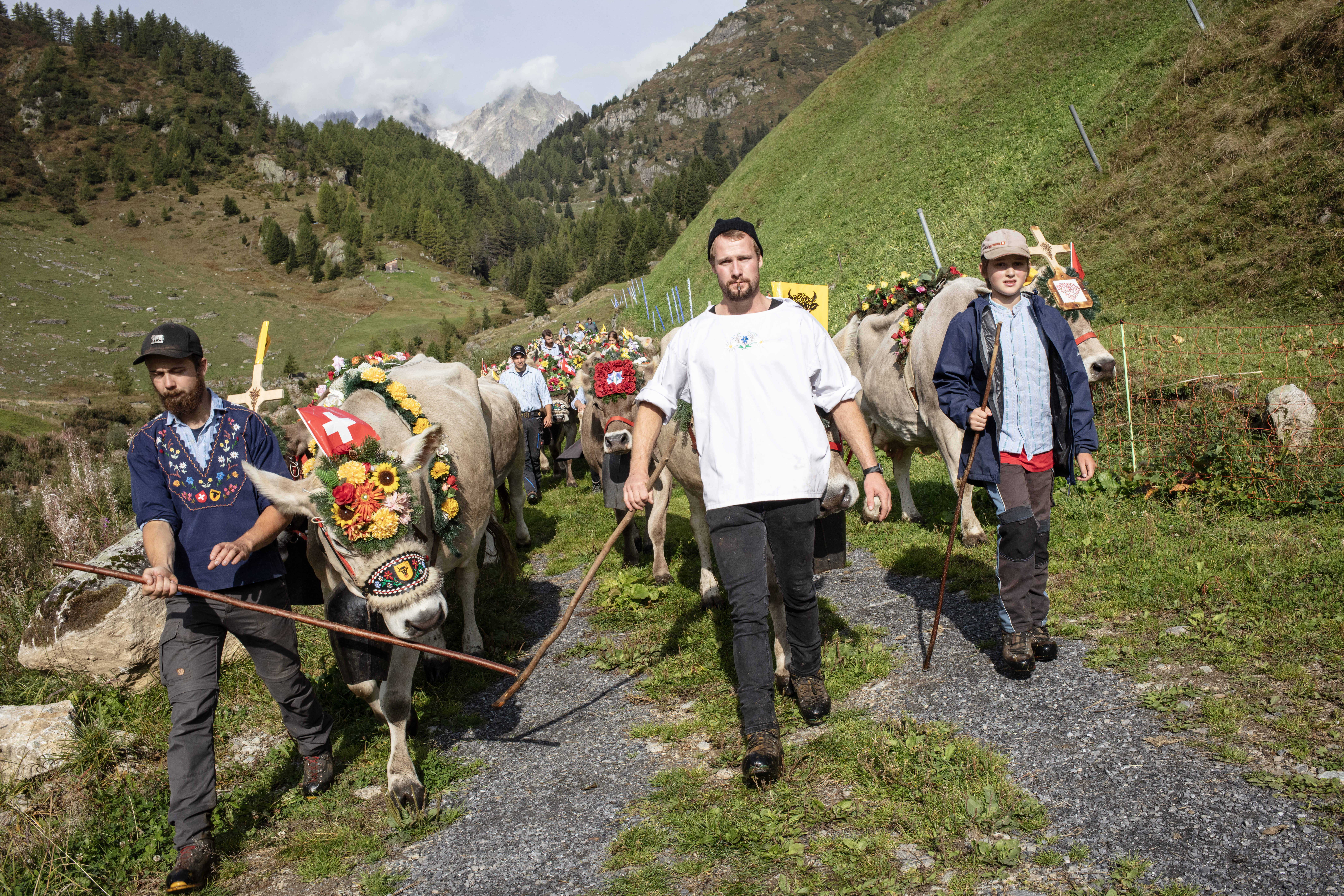








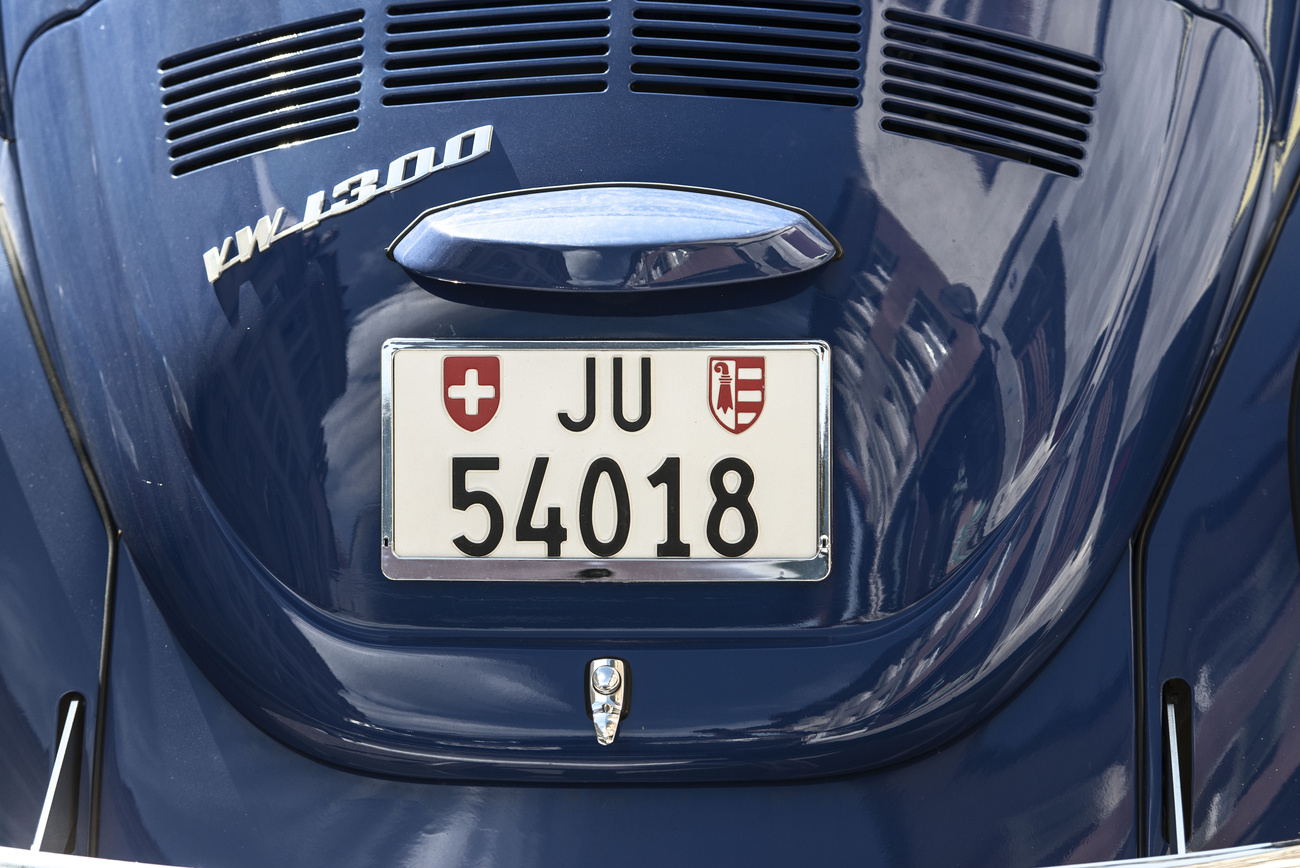


You can find an overview of ongoing debates with our journalists here . Please join us!
If you want to start a conversation about a topic raised in this article or want to report factual errors, email us at english@swissinfo.ch.